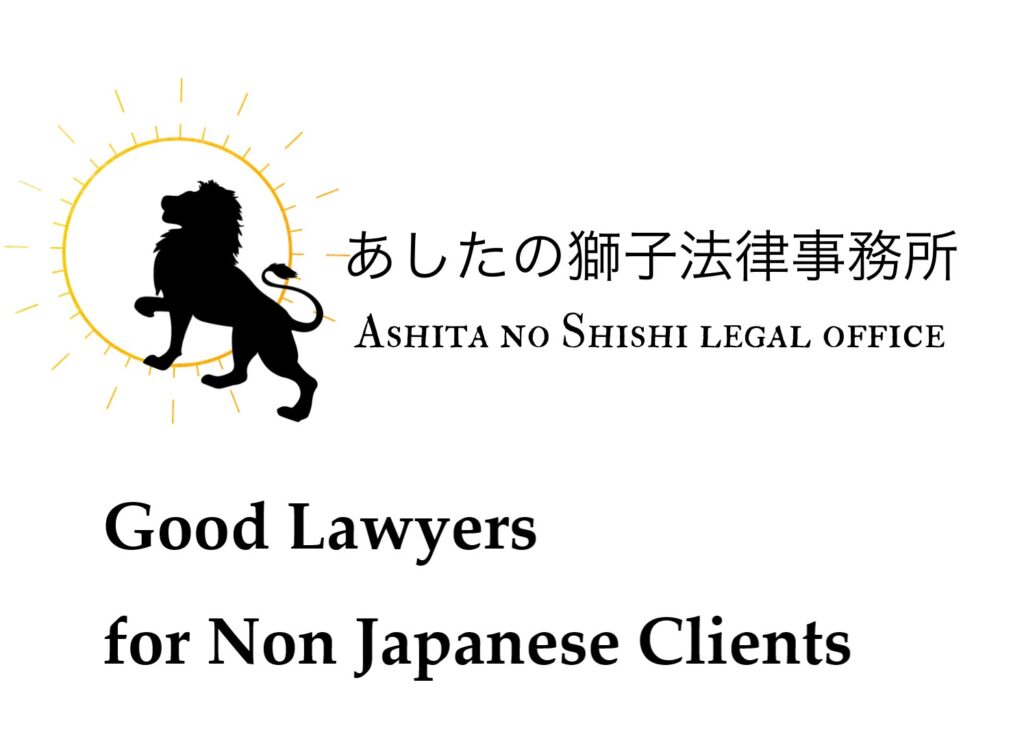Even if you are already hired by a company, you may want to hold a second job to take advantage of your strengths or seek an additional source of income.
However, there are some points you should keep in mind when doing side jobs in Japan.
What to Watch Out in General
Does your company allow employees to work side jobs?
Some Japanese companies do not allow their employees to work side jobs for several reasons. For example, some companies want its employees to take a good rest after working hours so that their main job will not be interfered with.
You can check company’s rules of employment (就業規則 Shugyo Kisoku) to see if your company allows side jobs. Even if they allows side jobs, the employee are usually required to notify them or obtain their permission. In such cases, working a side job without reporting it to the company will be a violation and may be subject to disciplinary action.
If you are not sure about this after reading the rules of employment, you should check with the human resources department.
You may have to file a tax return.
In Japan, there are few occasions when employees are required to file tax returns. This is because income tax is deducted in advance from the monthly salary as “withholding tax” (源泉徴収 Gensen Choshu)and the company calculates the amount of employee’s income tax through a procedure called “year-end adjustment”(年末調整 Nenmatsu Chosei).
However, employees who receive salaries from more than one company, may have to file a tax return. This is because income tax must be calculated again from the total amount of their salary. Specifically, if you earn more than ¥200,000 per year from your side job, you need to file a tax return.
What to Watch Out about Visa
Status of Residence required for side jobs
In principle, non-Japanese residents are not allowed to engage in profit-earning activities unless they have the status of residence for the activities.
If you are married to a Japanese national and have a “spouse visa,” you can work regardless of the nature of your activity. In other words, there are no restrictions on side jobs. The same is true for permanent residents (永住者) and long-term residents (定住者).
On the other hand, non-Japanese nationals staying Japan under a work visa are only allowed to engage in the type of activities designated by the visa.
If they engage in side jobs within the scope permitted by their work visa, they do not need to obtain a new status of residence. But if they engage in activities outside the scope permitted, it will be illegal.
It is advisable to ask a lawyer, administrative scrivener, or immigration office to confirm in advance whether or not the side job you intend to engage in is within the permitted scope.
Even if the side job is outside of the permitted activity, it is too early to give up the opportunity. You can consider to obtain Permission to Engage in Activities other than permitted under the Status of Residence (資格外活動許可 Shikaku Gai Katsudo Kyoka).
Permission to Engage in Activities other than permitted under the Status of Residence.
In order to obtain the permission to engage in activities other than permitted under the status of residence for a side job, you need to satisfy following requirements:
(1) the activity is within the scope that does not hinder the fulfilment of the activity permitted under your Status of Residence; and
(2) it is reasonable to grant permission to engage in the activity.
The requirement (1) above is judged according to the amount of time to be spent in the activity, the amount of income, and other circumstances.
Compared to the requirement(1), it is not clear under what circumstances the requirement (2) is satisfied.
However, Japan has adopted an immigration control policy that does not allow non-Japanese who engage in simple labor activities except in certain cases.
So, simple labor such as part-time work at coffee shops, convenience stores or delivery work for UberEats is unlikely to be deemed reasonable.
But as exception of this policy, subject to certain restriction, holders of residential status such as International Students(留学生 Ryugakusei)and Dependent (家族滞在 Kazoku Taizai)are able to obtain a Permission to Engage in Activity other than that Permit by the residential status even for simple labors.











